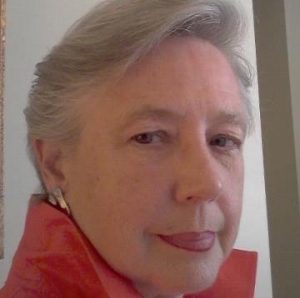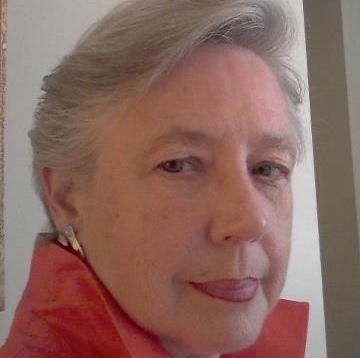
I had heard those four words my entire life. But when first I heard them spoken by a woman, they caused joy and wonder, grief and rage, hope and elation to erupt in my soul. I realized I, too, was part of the Body of Christ. I, too, was a child of God, fully loved, fully valued, fully seen. It was revolutionary.
Women, nearly all of whom were not seeking ordination, embedded that revolutionary aspect into our history, our present time, and our future as they loved this institution into a radical change. They had learned well from their sisters and brothers of color. They paid it forward by aligning with those who were and are pushing for ever more radical inclusion.
We must never forget to honor the vision, courage, and dynamic generosity of these blessed uppity mischief makers. In making it possible for women to seek ordination, they also redefined lay ministry. No longer is it a second-best ministry for women because ordination is denied. Their dream was that one day, leadership everywhere will reflect the rich diversity of Creation, and in our church the leadership of those not ordained will be as honored as is the leadership of those who are ordained.
Women’s ordination continues to change The Episcopal Church, and the world. Episcopalians hear women saying “This is my body” routinely now, but it remains a radical act. It emerges from white women, women of color, disabled women, straight women, lesbian women, transgender women. It is a constant reminder to all who hear those words spoken by all manner of ordained people that we all are made in the image of an astonishing God. This repetitive radical act is slowly and surely undermining the patriarchal underpinnings of our faith and the world.
Katie Sherrod is an independent writer, producer and commentator in Fort Worth, Texas.


